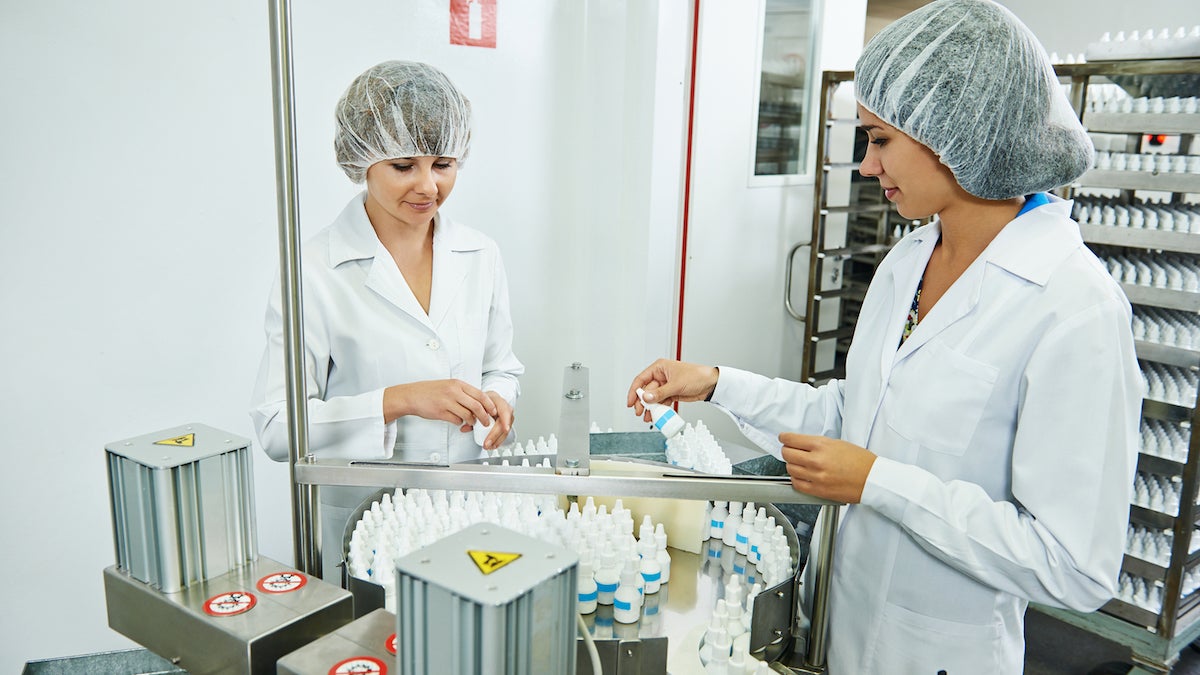Pa. joins wave of states regulating biosimilars before new drugs are widely available

(kadmy/BigStock)
Pennsylvania Gov. Tom Wolf has signed into law new regulations on biosimilar drugs.
Unlike a generic drug, which is an exact copy, a biosimilar is a near replica of a much more complex and costly drug called a biologic.
While they’ve been in Europe for years, biosimilars are new to the U.S. The FDA has just started approving them — two so far, with two more in the immediate pipeline.
It means that doctors, pharmacists, and patients are bracing for uncharted territory, and it has prompted many states to get involved in how they’re prescribed, even before they’re widely available.
Pharmacists have long been able to swap out a brand-name drug for a generic without any notification. Under Pennsylvania’s law, a pharmacist who swaps out a brand-name drug for a biosimilar that the FDA deems is “interchangeable” must notify the doctor of the change electronically within three days. (Biosimilars without that interchangeable status still require a specific prescription from the provider.)
“It looks pretty logical and transparent to me,” said Dr. Scott Waldman, a clinical pharmacologist at Thomas Jefferson University who wasn’t involved in the legislation. “They have transparency in there so the physician has to know. If the physician knows, then the patient knows, and there will be a collaboration in there.”
Waldman, who sits on an FDA panel for biosimilars, said patients have noted some general concerns that a switch to a biosimilar without notice could potentially disrupt a person’s health.
New Jersey, Delaware and at least a dozen other states have similar laws in place.
Pat Epple, head of the Pennsylvania Pharmacists Association, said some earlier proposals would have made it harder for pharmacists to use interchangeable biosimilars once they become available. (None have been given that status yet; the FDA is still coming up with its rules on that.)
What’s been signed into law is a decent compromise, she said.
“The final version makes it relatively easy for substitution to occur, but doesn’t make it as seamless as we had hoped,” Epple said.
Many hope that, like generics, biosimilars could offer an equivalent but much cheaper option to some of the most expensive drugs on the market.
WHYY is your source for fact-based, in-depth journalism and information. As a nonprofit organization, we rely on financial support from readers like you. Please give today.

